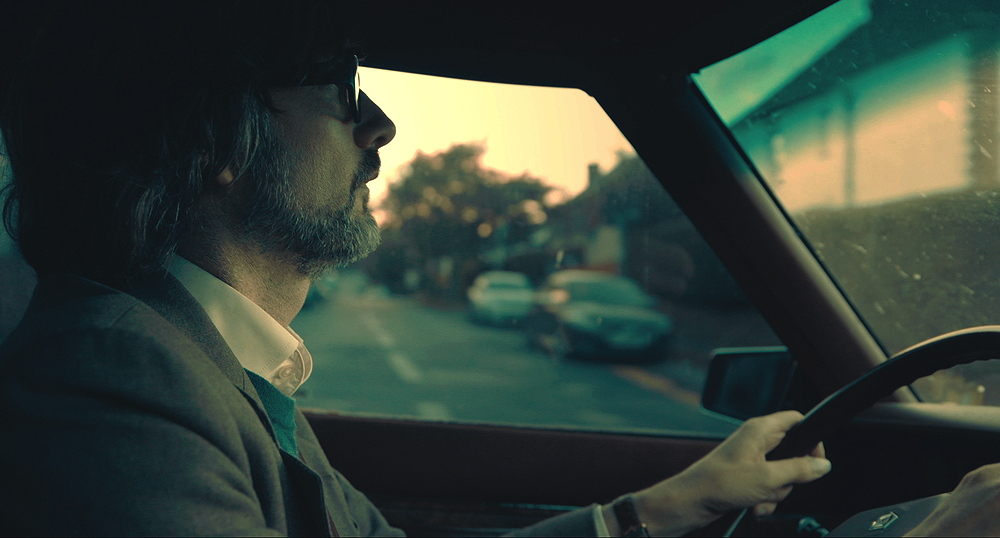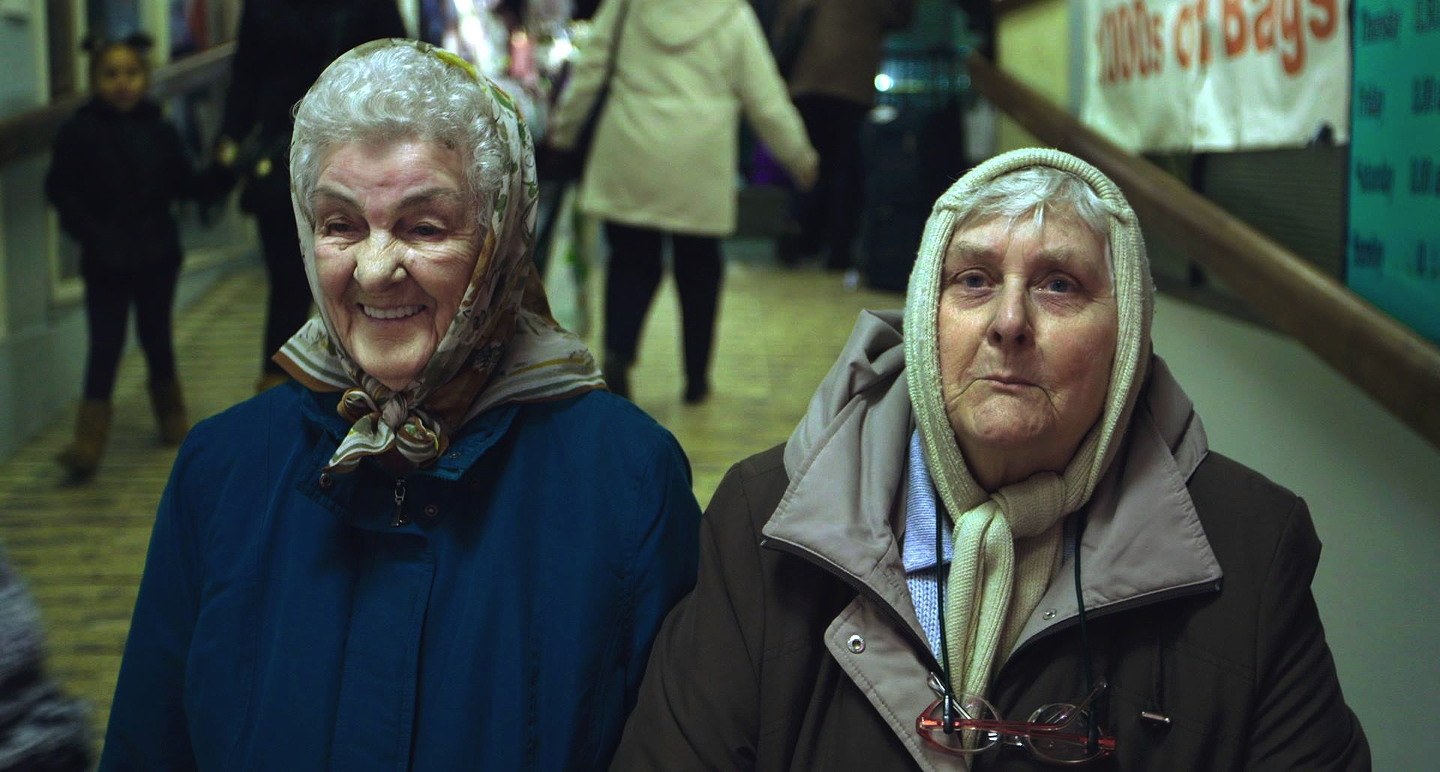
There’s the sense that this film is for the ‘fans’ – whatever that really means as I think the film has the power to convert – but in the case of the band Pulp who are the subject of this whimsical and good-natured documentary it feels pertinent because wasn’t it ever thus?
As someone who came of cultural age at the height of Britpop (firmly taking Oasis’ side in the great war of 1995) I felt Pulp’s eventual moment in the furnace keenly and they were always outside of that movement. They were always smarter, nicer and more arch than the rest of that, admittedly in retrospect, lumpen genre. They always stood apart and the film never really gets to the bottom of why directly. But this is a good thing, because it reveals through portraiture what made them different and why a film about their comeback shows is not only warranted, but deserved.
In the current era reunion shows by bands harking back to glory days and cashing in on the nostalgia dime are ten a penny but Pulp deserved it. It always felt like unfinished business when they quietly shuffled off after the underrated We Love Life record, sadly under-represented here. Ultimately they deserved an encore that lined their pockets because they are nice people, from a normal place and the film is a hymn to this and celebrates the outsider status of the band that they never actively sculpted but which was present in their records and their presence in the mid to late 1990s.

In retrospect the glory of Pulp is that they succeeded in an era of pomp and ego by being nice, and writing deliciously smart and later disarmingly dark pop records. They seemed like us. Even Jarvis for all his charm and panache didn’t feel like a rock star but one of us who had found himself on stage and decided to wiggle his arse at the silliness of it all. The film captures this in the fans that attend the final comeback show in the band’s home city of Sheffield, the event that marks the centrepiece of Florian Habicht’s film. They travel from across the globe – Australia, Atlanta, Germany to be there and they are regular people living regular lives, with deep connections to the music of a band that captured the everyday with such poetry and celebration. There is a nurse and someone who is a supermarket buyer and their stories are given as much attention as that of the band members and the city of Sheffield itself. These three factors – band, fans and city – are all interrelated and it’s where the film is most interesting, in its suggestion of how all three need each other and relate to each other, but it never forces the issue. Jarvis says in the film that Pulp could only be from Sheffield and that may be true but it’s undeniable that they created universal pop music that people from anywhere could relate to with its themes of alienation, otherness, sex and being always one step removed from the hip ideal of how things should be, a feeling felt most keenly in the teenage years but for some never really subsides.
It’s part concert film, part backstage diary, part portrait of a city and part celebration of fandom and maybe it’s in this disparate approach that criticism could be levelled at the film. Ultimately, the main selling point in a mainstream commercial sense is Jarvis, the undeniable centre of the band, but the film resists making it a film about him, instead ensuring that the entire band and auxiliary figures are given their due which is where the sense that it is one for the fans may stem from. Seeing the band in their everyday lives – not bitter but grateful and content and getting on with their lives makes it hard to begrudge them this one last hurrah or anymore that may lay in their future.

Jarvis still gets to shine, on stage mainly, and in a wonderful moment where he reveals his personal first aid kit for all potential ailments pre-gig in the form of a packed suit bag of medicines and fixes. It’s so wonderfully Jarvis. So odd and practical and very, very un-rock & roll. There are other joys here, beyond the subjectivity of the music (which I think is amazing and the live footage makes me wish I’d seen them on this tour) but it’s not rammed home, it has to be discovered, ironically, much like the band’s music itself. Even the big hits have more going on in them than most people feel or hear. Common People is a very different beast from Roll With It – and I love Roll With It also. For example, the sequence where a group of older people sing Help The Aged in a city café is one of the most lovely and moving moments in film so far this year, staged or not. It captures the fragility and perception, craft and sensibility of the band beautifully even though they are nowhere to be seen.
Ultimately, the film showcases a wonderful band doing what they love, it gives an insight into their lives and the lives of people whose lives their music touched and gives a sense that it was a time and place where the planets aligned and we all got to hear, see and feel what they had to share but it remains unclear why and how it really happened beyond good songwriting and a cheeky and exuberant front man. And personally that’s how it should be because it gives hope to nurses, supermarket buyers, goths, newspaper vendors and whoever else that sometimes being good at what you do and being nice works and the world is made a better place.


